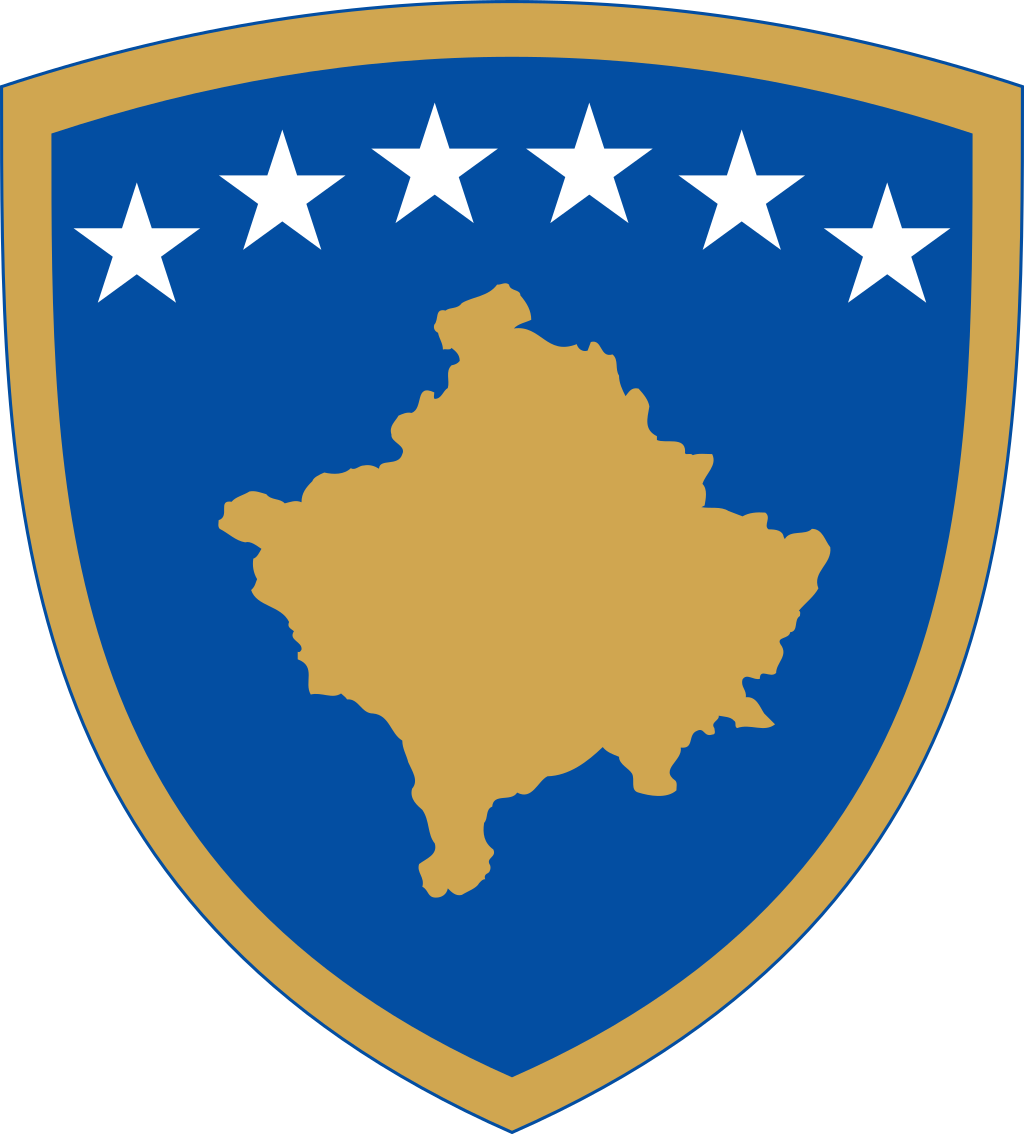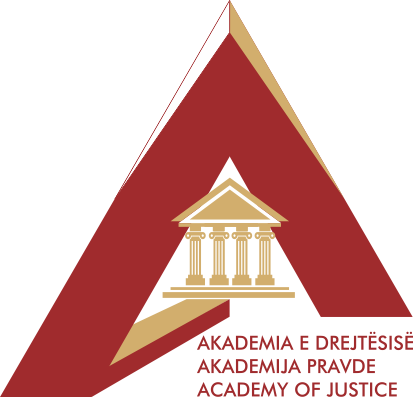
 ACADEMYOF JUSTICE
ACADEMYOF JUSTICE
- HOME
- ABOUT US
- STRUCTURE
- TRAINING PROGRAMS
- PUBLICATIONS
- NEWS AND ACTIVITIES
- VACANCIES AND NOTICES
- GALLERY
- KJI
May 23 2019, Academy of Justice within its CTP conducted training on the ECHR Article 5 – The right to liberty and security. Purpose of this training was to extend the judges knowledge on the role, structure and positive obligations deriving from Article 5 of the European Convention of Human Rights and Liberties (ECHR).
First part of this training covered the following: content of provisions and basic notions of the ECHR Article 5, and main standards in provisions of the ECHR Article 5, in cases when the person is detained by state. Whereas the second part of the training elaborated on: specific legal basis and provisions that regulate situation of the deprivation of liberty, and the judicial case law, and novelties that it brings with regard to provisions of the HER Article 5.
Initially it elaborated on requirements of the ECHR Article 5 – the right to liberty and security in the context of the European court on Human Rights (ECtHR) case law. Comprehensive approach was given to practical dilemmas about implementation of provision of Article 5 and in this light, lawfulness of detention, the permitted grounds, procedural guarantees, detention after conviction, detention in awaiting deportation and the right to compensation.
This training emphasized that Article 5 of the ECHR includes main elements in protection of the human rights of an individual. Deprivation from these rights has direct relation and effect with regard to enjoying many other rights, like the right to family and privacy, the right to join, freedom of expression and of movement. This session also covered the standards that protect the physical liberty, particularly the liberty from arrest and arbitrary detention, all this accompanied with examples from the ECtHR case law.
It was concluded that judges should constantly have in mind that in order for these rights to be meaningful, every deprivation shall always be made only in exceptional circumstances, be justifiable objectively, and duration not be longer that it is absolutely necessary.
This training used combined methods of adult learning with theoretical lecturing, based on case studies and examples from the ECtHR case law, followed by discussions facilitated by the trainers, and analyzing and elaborating the topic with focus on correct application of the right to liberty in compliance with the ECHR, and accompanied with tasks assigned in working groups for the participants.
Beneficiaries of this training were judges and prosecutors of all instances of the Republic of Kosovo, and professional associates.
23-05-2019